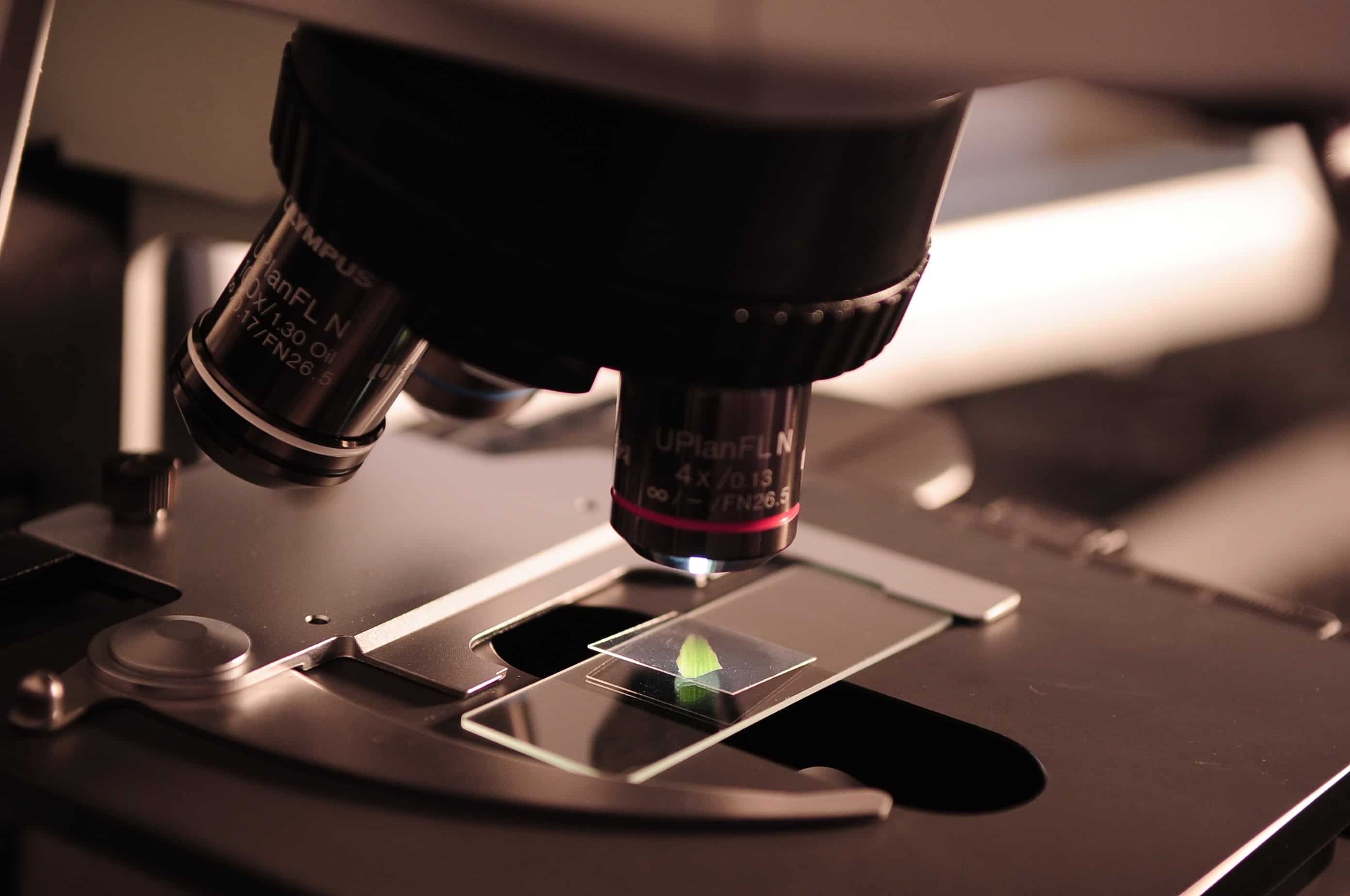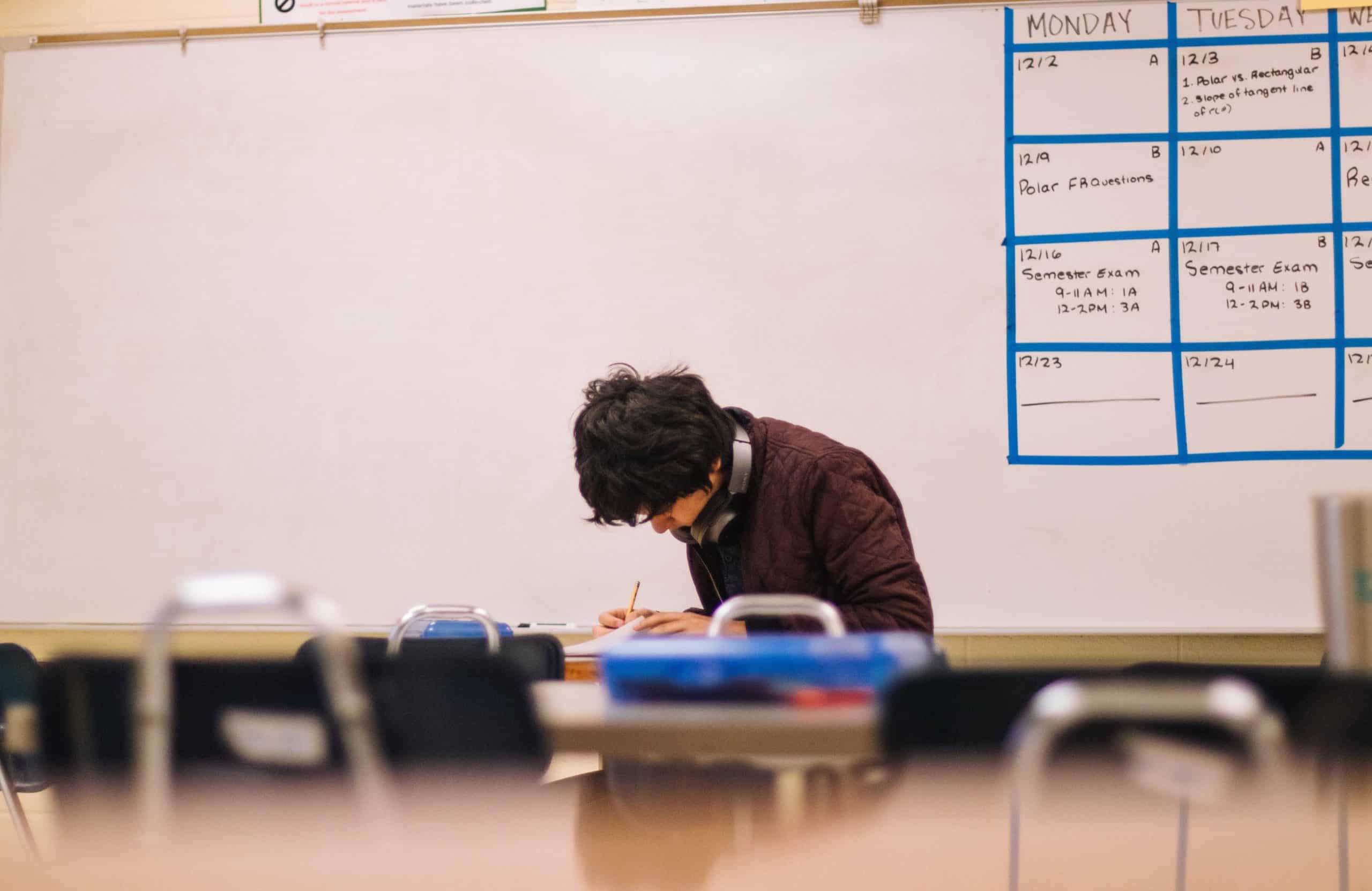NESA has introduced a different way of learning that sets it apart from traditional ways of learning about science. Ditch the textbook for now and let’s introduce Depth Studies.
What are you waiting for? Let’s get started!
What are Depth Studies?
The Benefits of Completing Depth Studies
Types of Depth Studies
How to Ace Your HSC Science Depth Studies
What is a Depth Study?
As the name suggests, a depth study is an investigation/activity that allows you to explore a concept in greater detail. It gives you an opportunity to choose a topic within a module or across modules and learn it in greater depth than what’d you get done in class.
Depth Studies are a big part of the current syllabus in these HSC Science subjects:
While doing a depth study might seem a bit daunting at first, there are good reasons for implementing the depth study and it will definitely help you if you are planning on pursuing science after the HSC.
There are two key things to know about the HSC Science Depth Studies:
Flexibility
Depth studies can be a big project throughout the year, or it can be several tasks split up, one for each module. You have control over what you do (which is awesome, and similar to the way things work at university).
You can choose what topic you’d like and how to present it. They can be:
- Primary or Secondary investigation e.g. conducting experiments or writing an essay
- Presentation, research assignment or fieldwork report e.g. excursion
- Quantitative and/or qualitative data analysis e.g. graphs, tables
We’ll be going through some more potential ways to conduct your depth study later in this article, so keep reading.
Requirements
There are a few requirements that depth studies asks of students. This is to ensure there is some consistency between tasks.
The minimum requirements are that students must complete at least one depth study in Year 11 (15 hours total) and one depth study in Year 12 (another 15 hours total).
Therefore, by the end of your Stage 6 program, you should have completed a total of 30 hours of depth study. The way depth studies are spaced out throughout the year may be dependent on your school.
You are also required to complete four Working Scientifically Outcomes where ‘Questioning and predicting’ and ‘Communicating’ are mandatory, and one Knowledge and Understanding Outcome.
Now this might seem like a lot of work to do in amongst your other HSC Science content, but there’s some good news: NESA has reduced the amount of content in the HSC Science subjects so that you have more time to focus on your depth study.
Why do we do Depth Studies?
This is a great chance to showcase your depth of knowledge in an area of your interest.
Usually the only way you could show that you were a great scientist was through writing papers and answering questions.
Now, you can engage in your favourite topics and show it in your way.
You also have more time to understand a process your way. If you like science and films, great! You can even analyse the relevance of a scientific process in a film (we hope you like GATTACA).
An added bonus is that they can be conducted individually or with a group. If you’re a fan of working with your friends, this is a great chance to do so!
It also gives you a great foundation for studying Science at University. At University and beyond that, if you begin a career in science one day, you will pretty much only be doing depth studies, or at least the equivalent.
You will do many Primary and Secondary investigations in further Science study, so it’s a great opportunity to have a go at it before you go into further study or a career in science!
What can I do for my depth studies?
The great thing about depth studies is that you have the freedom to choose how to investigate a concept—but at the same time it can be a burden to do something great.
Here are some ideas for depth studies that are also outlined in the depth studies information provided by NESA.
Primary/Practical Investigation
Practice your experimental skills by designing and conducting an experiment. Have an interesting hypothesis you want to try out? Saw something cool on an excursion that you’d like to try out again?
Here are some suggestions for Primary Investigations from the NESA Website:
- Design and conduct experiments
- Test a claim
- Test a device
Secondary Investigation
A secondary investigation may be one of the most versatile categories of investigating a topic.
Under this category is creating a visual representation e.g. poster or documentary.
Literature reviews are important in consolidating current research straight from the people who discovered a concept. Use a literature review if you enjoy reading and exploring scientific literature.
Here are some suggested ideas for Secondary Investigations from NESA:
- Make a documentary or media report
- Conduct a literature review
- Develop an evidence-based argument
- Write a journal article
- Write an essay – historical or theoretical
- Develop an environmental management plan
- Analyse a work of fiction or film for scientific relevance
- Create a visual presentation
- Investigate emerging technologies
Two suggested starting points for your Secondary Investigation could be Fieldwork or Data Analysis:
Fieldwork
Fieldwork is connected to conducting a primary/practical investigation. You analyse what you find in the environment around you and support these claims with current knowledge.
Here are some suggested ideas from NESA:
Fieldwork may be a starting point for a practical investigation or secondary-sourced study and could be initiated by the following stimuli:
- an excursion
- engagement with community experts.
Data Analysis
Science currently has a great focus on quantifying data. This may be a great chance to understand the significance of numbers, especially if you are thinking about continuing into biology tertiary education.
Here are some ideas from NESA for Data Analysis related depth studies:
Data analysis may be incorporated into a practical investigation or secondary-sourced investigation. For example:
- construction and analysis of graphs/tables
- data analysis from a variety of sources
- research analysis, e.g. of longitudinal data, resource management data.
Below you will find the cycle of understanding a concept, straight from the syllabus.
Although you have freedom to choose your style of learning, keep in mind that there are still outcomes to be assessed at the end.
How to do a HSC Science Depth Study
Tip #1: Keep the Learning Outcomes in Mind
At the end of the day, you are going to be assessed on the learning outcomes in ‘Questioning and predicting’ and ‘Communicating’ under Working Scientifically Skills.
Questioning and predicting involves developing hypotheses that can be investigated scientifically, involving primary and secondary data.
Communicating involves using suitable forms of digital, visual, written and/or oral communication, selecting appropriate scientific language, and using peer feedback to evaluate an argument or conclusion.
The key to doing well here is by working on these key aspects of science writing and communication.
Tip #2: Be Creative
Depth studies great way to showcase your interest in science. You can always have a simple idea but express it in new ways or find new ideas about it.
Use primary and secondary data to your advantage. For example, use light microscope images to explore the structure of autotrophs, but use secondary data investigations to back up your claims on what you saw and why you saw them. On the other hand, you can explore secondary data and back up these findings by finding real life examples of them.
At the end of the day the most important thing to remember when conducting your Depth Study is to concentrate on understanding one topic deeply, not widely.
Tip #3: Focus
Ultimately, you want to be really focused in your depth study — concentrate on understanding one topic deeply, not widely.
The rest of the course is, in some ways, a little bit more about breadth, about covering a broad range of key ideas. But, a depth study is your opportunity to dig deep into an area you’re interested in learning and understanding more about.
One of the really big mistakes that we see students make with depth studies, and in fact really any sort of major work-esque type project across other subjects as well, is a lack of focus. The questions and the hypothesis are too broad, so the outcomes in the work that you’re doing aren’t as interesting.
So critically, be really focused, make sure that you’ve got a really tight area that you’re working on for your depth study. If you do that, it will mean that you’ll be able to get better validation, better data, and to say something meaningful at the end of your depth study.
Check out our video library of HSC Science content here on HSC Together!
Looking for some more help and guidance with your depth studies?
We pride ourselves on our inspirational coaches and mentors for HSC Science.
We offer tutoring and mentoring for Years K-12 in a large variety of subjects, with personalised lessons conducted one-on-one in your home or at our state of the art campus in Hornsby or the Hills!
To find out more and get started with an inspirational tutor and mentor get in touch today!
Give us a ring on 1300 267 888, email us at [email protected] or check us out on TikTok!
Grace Mitchell hopes to one day stand in front of a Year 12 Modern History class teaching the history of the Soviet Union, or have an insightful discussion with a Year 10 English class on race relations in To Kill a Mockingbird. Either way, Grace is beginning her teaching journey studying a Bachelor of Education (Secondary: Humanities and Social Sciences)/Bachelor of Arts at Sydney University. Grace loves to learn new things, write short stories and opinion pieces, read, and play contemporary Australian compositions on the clarinet. When she is not learning – if that is possible – Grace loves to sit and watch the sun set.






